Choosing a Licensed Agency: What Dayhome Providers Should Know
In Alberta, all licensed family dayhomes must meet the same minimum standards set by the provincial government. These standards outline requirements for safety, educator qualifications, child-to-adult ratios, programming, and more—and they apply consistently across all licensed agencies.
However, while the minimum standards are the same, each agency is different. Agencies vary in how they provide support, interpret policies, and work alongside educators. These differences reflect varying approaches, philosophies, and ways of operating.
That’s why choosing to become licensed isn’t just about meeting requirements—it’s about finding a working relationship that fits. Just like families interview dayhome providers to make sure it’s a good match, providers should also take the time to learn about different agencies and ask questions to ensure alignment.
This blog will walk you through what to expect when considering licensing, what questions to ask, and how to make an informed decision based on your own goals and needs. Whether you choose to run your program privately or through a licensed agency, the key is that it’s your choice—and it should be made with clarity and confidence.
What to Expect When Exploring Licensing
If you’re considering becoming a licensed dayhome, it’s helpful to understand what the process generally looks like. While the steps are similar across the province—since all agencies operate under the same minimum standards—how each agency supports and guides you through those steps can vary.
Here’s a general overview of what to expect:
Initial Inquiry
You’ll typically start by contacting one or more licensed agencies to express your interest. This is your opportunity to ask questions, learn about their approach, and decide whether you’d like to move forward. Remember: this initial conversation goes both ways—it’s about finding a good fit.Application and Screening
You’ll complete an application form and provide required documentation, including a Criminal Record Check with Vulnerable Sector Search. This check is required for all licensed providers in Alberta.Home Safety and Policy Review
A home visit will be scheduled to assess whether your space meets the physical safety requirements outlined in the provincial minimum standards. You’ll also begin reviewing the agency’s expectations and policies, which may include additional guidelines specific to their agency.Training and Certification
A valid Standard Child Care First Aid certificate is required before becoming licensed. You’ll also need to obtain your Level 1 Early Childhood Educator certification within six months of joining the agency. Some agencies may offer onboarding sessions or additional training as part of their approval process.Ongoing Monitoring and Support
Once licensed, you’ll receive regular monitoring visits from your agency consultant. These visits help ensure continued compliance with the standards and provide opportunities for reflection, support, and professional growth. Most agencies also offer access to additional resources and training.
While the overall structure is the same across agencies, the way these steps are carried out—and the support you receive—can vary. Take the time to ask questions, explore your options, and choose a path that feels right for you and your program.
You’re Not Just Applying—You’re Interviewing
It’s easy to feel like you’re applying to an agency, hoping to be accepted. But licensing is a two-way street. You’re entering into a professional relationship—and just like families choose their dayhome provider, you have the right to choose the agency that feels right for you.
Each agency has its own philosophy, communication style, and way of operating. Some agencies offer more hands-on support and frequent contact; others take a more independent, check-in-as-needed approach. Neither is better or worse—it just depends on what kind of relationship you are looking for.
That’s why it’s so important to ask questions. Don’t be afraid to treat your initial conversations with an agency like an interview. You’re gathering information to make an informed decision.
Here are some questions to consider asking:
About Philosophy and Approach
How would you describe your agency’s philosophy when it comes to early learning?
How much freedom do providers have in how they run their programs?
How do you support providers in following an emergent or play-based curriculum?
About Expectations and Oversight
What are your policies around documentation, routines, and programming?
How often do consultants visit, and what do those visits typically involve?
Are there expectations beyond the provincial minimum standards?
About Support and Relationships
What does ongoing support look like for your providers?
If I have a concern or conflict with a parent, how would your team help me navigate it?
What kind of professional development opportunities do you offer?
About Finances and Administration
How and when are payments issued to providers?
What is your agency’s fee?
What supplemental fees or deductions should I be aware of (e.g., insurance contributions, resource costs)?
Will I receive a clear breakdown of how my pay is calculated each month?
How do you help providers understand how their monthly pay is determined?
Note: All government funding—including subsidy, regional fees, and wage top-ups—flows through the agency. Providers do not receive these funds directly from the government. Agencies may deduct supplemental or regional fees before issuing payment, so it’s important to ask for full transparency around how your pay is calculated.
About Communication and Fit
Who would be my assigned consultant, and what is their background?
How do you typically communicate with your providers—email, phone, in-person?
Can I speak with current educators in your network to learn more about their experiences?
These questions aren’t meant to challenge the agency—they’re meant to help you determine if their way of doing things aligns with your vision, values, and working style. Agencies want to work with providers who are thoughtful and intentional. A good agency will welcome your questions.
Red Flags to Watch For
When you’re exploring licensing, most agencies will be professional, supportive, and genuinely interested in building a strong relationship. But just like in any sector, not every fit is the right one—and it’s okay to walk away if something doesn’t feel right.
Here are a few things to watch for during your conversations and onboarding process:
You feel rushed or pressured.
If you’re being asked to make a decision quickly or sign paperwork before you’ve had time to understand the details, that’s a signal to slow down. A good agency will respect your process and welcome your questions.You’re discouraged from asking questions.
If your inquiries about policies, fees, or expectations are brushed off or treated like a nuisance, that’s worth noting. Open, respectful communication should be a priority from day one.The agency can’t clearly explain deductions or pay structure.
You deserve to understand how your pay will be calculated—including any fees that may be deducted. If you’re getting vague or inconsistent answers, ask for a breakdown in writing.Policies feel rigid or one-size-fits-all.
While all agencies must uphold the same provincial minimum standards, how they approach day-to-day operations can differ. If it feels like there’s no flexibility or space for your professional judgment, it might not be the right fit.You don’t feel heard.
If you’re expressing concerns or values that aren’t being acknowledged during the interview process, take note. A supportive agency relationship starts with mutual respect and a willingness to collaborate.
None of these red flags automatically mean an agency is doing something wrong—but they might mean it’s not the right place for you. Trust your instincts and give yourself permission to keep looking if something doesn’t sit right.
A Word on Choice
Whether you choose to operate as a private provider or become licensed through an agency, the key is that it’s your choice.
Some providers are drawn to the structure, funding access, and added support that can come with licensing. Others value the flexibility, autonomy, and direct control that comes with running a private program. There’s no right or wrong model—just what’s right for you, your home, and your vision.
If you do choose to become licensed, take your time. Ask questions. Learn about your options. And most importantly, remember that this decision shapes your day-to-day experience. The agency you partner with should feel like a collaborator—someone who supports your success, not just oversees your compliance.
Your role as a dayhome provider is incredibly important. Whether private or licensed, you are making a meaningful impact in the lives of children and families every single day. You deserve to make decisions that honour that work—and that set you up to thrive.
Not Sure Where to Start?
We offer a one-time, 20-minute discovery call to help providers explore whether licensing is the right fit. You’ll get a neutral space to ask questions and walk through the considerations without pressure.
Note: This call is available once per educator and does not replace full one-on-one support, which is available through our membership.
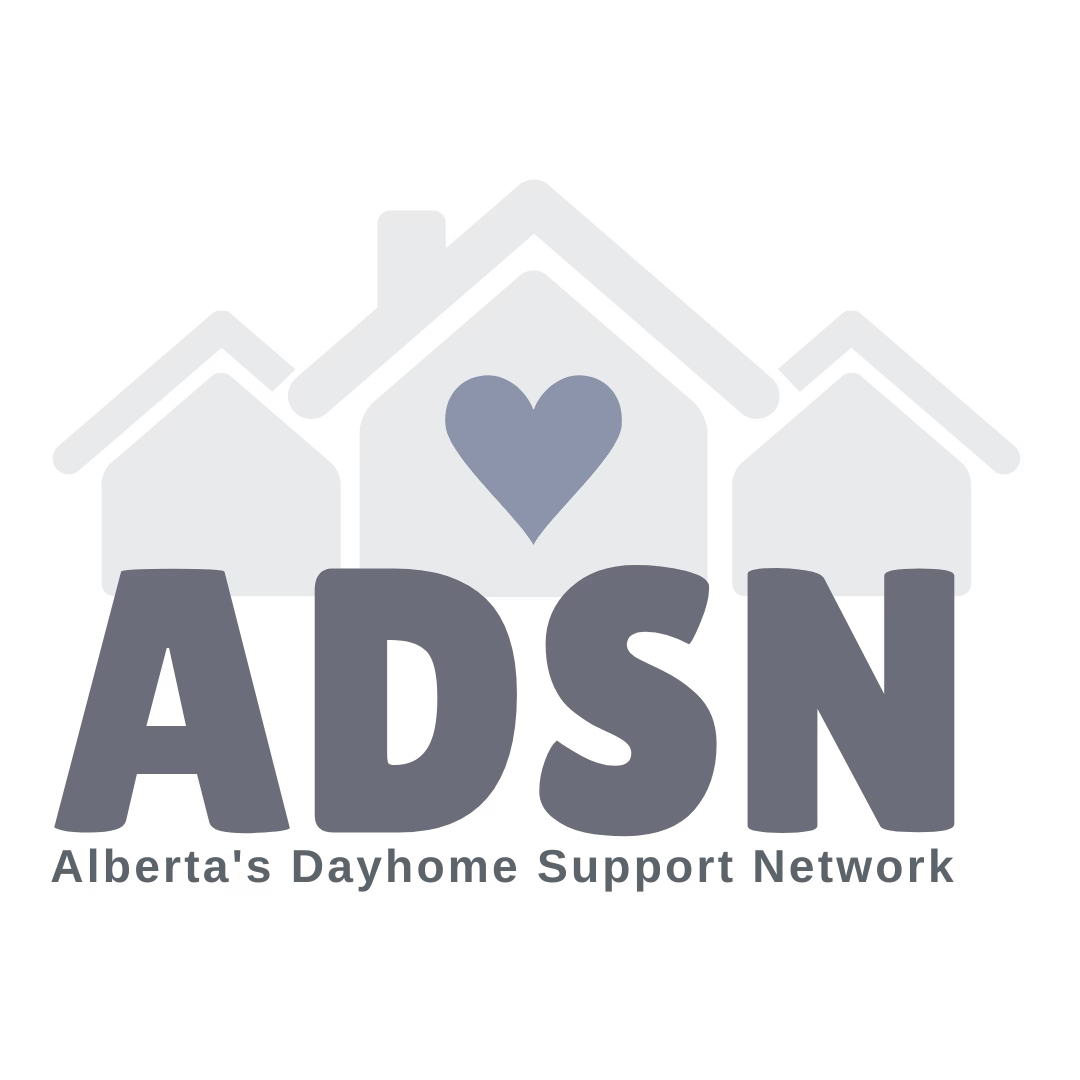
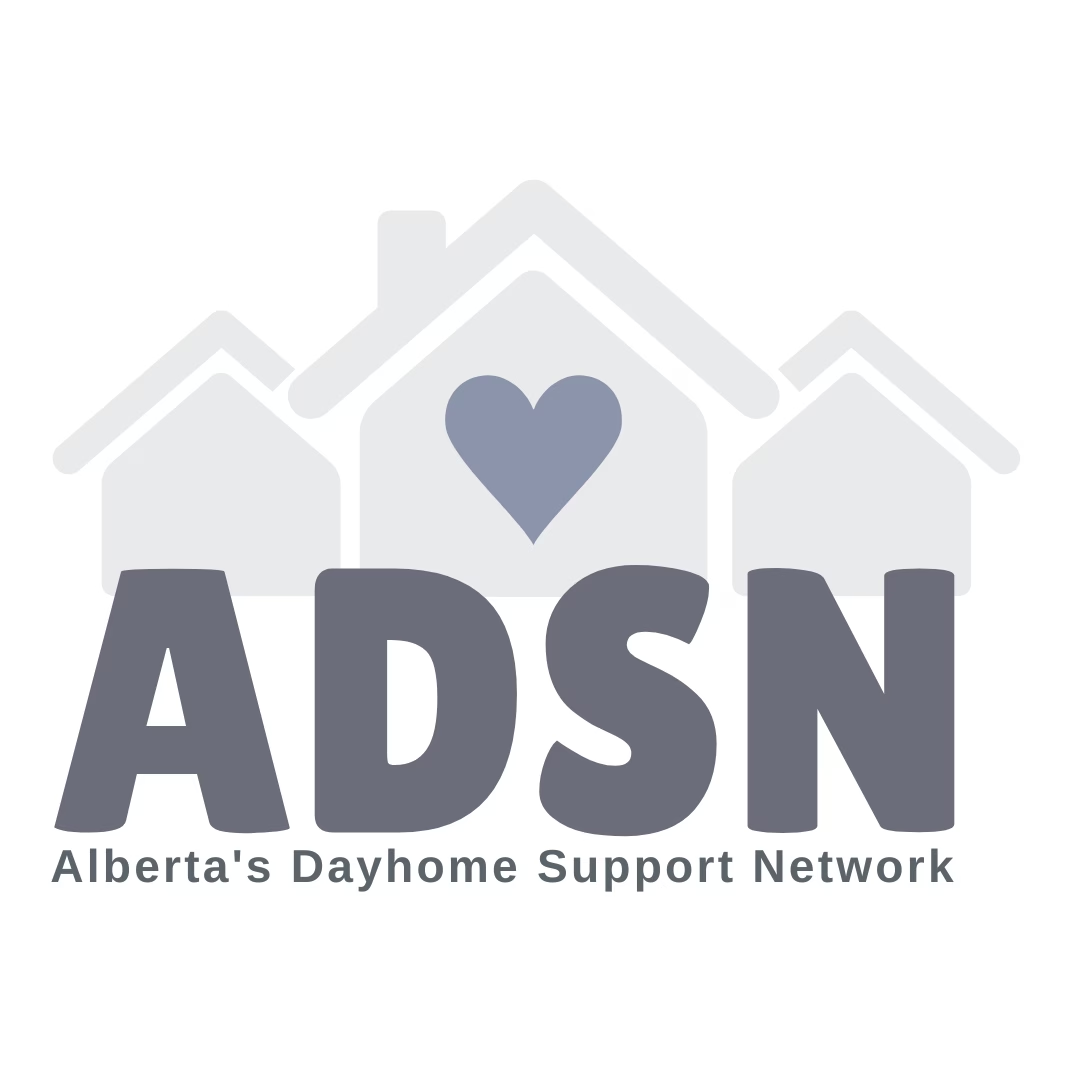

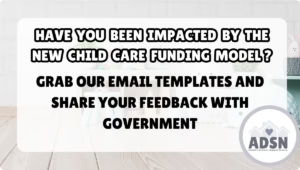
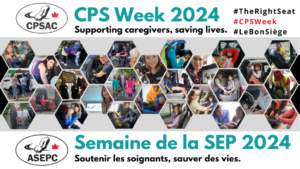

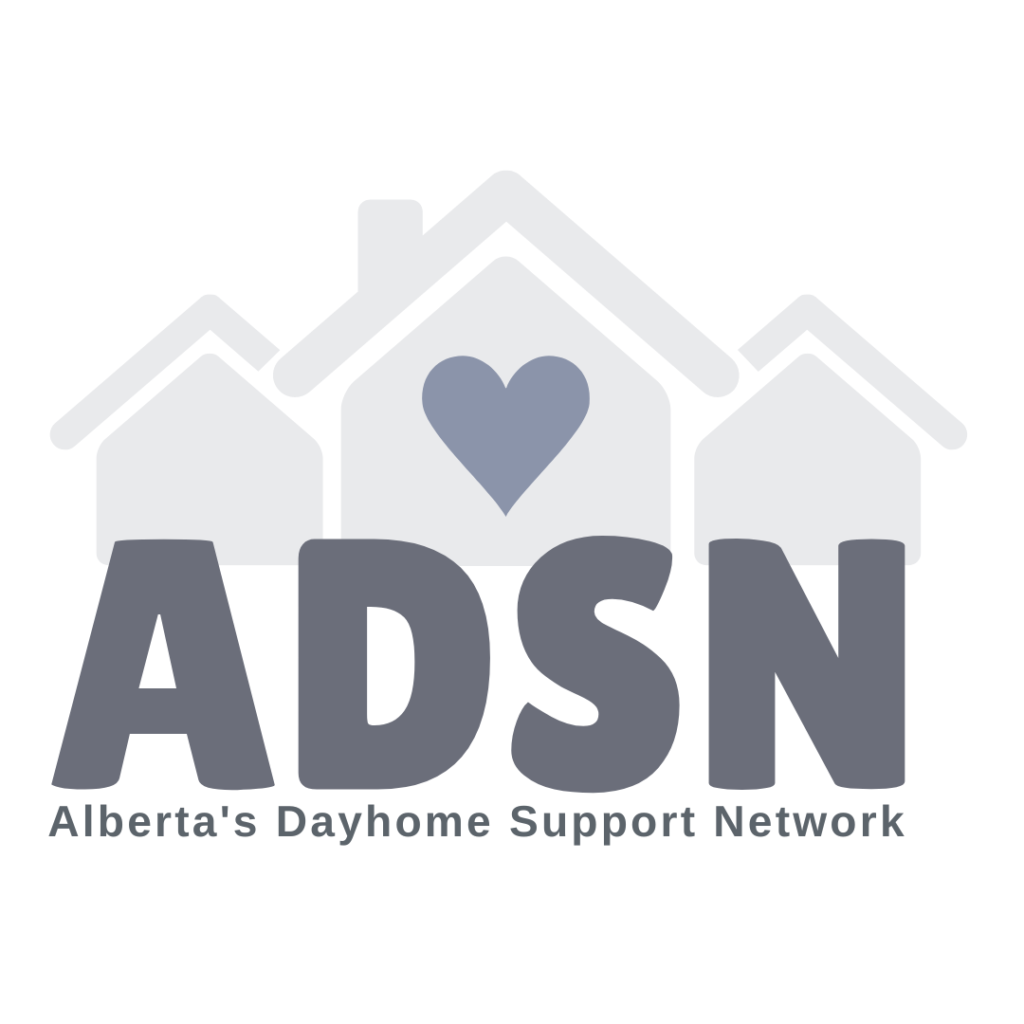
Responses